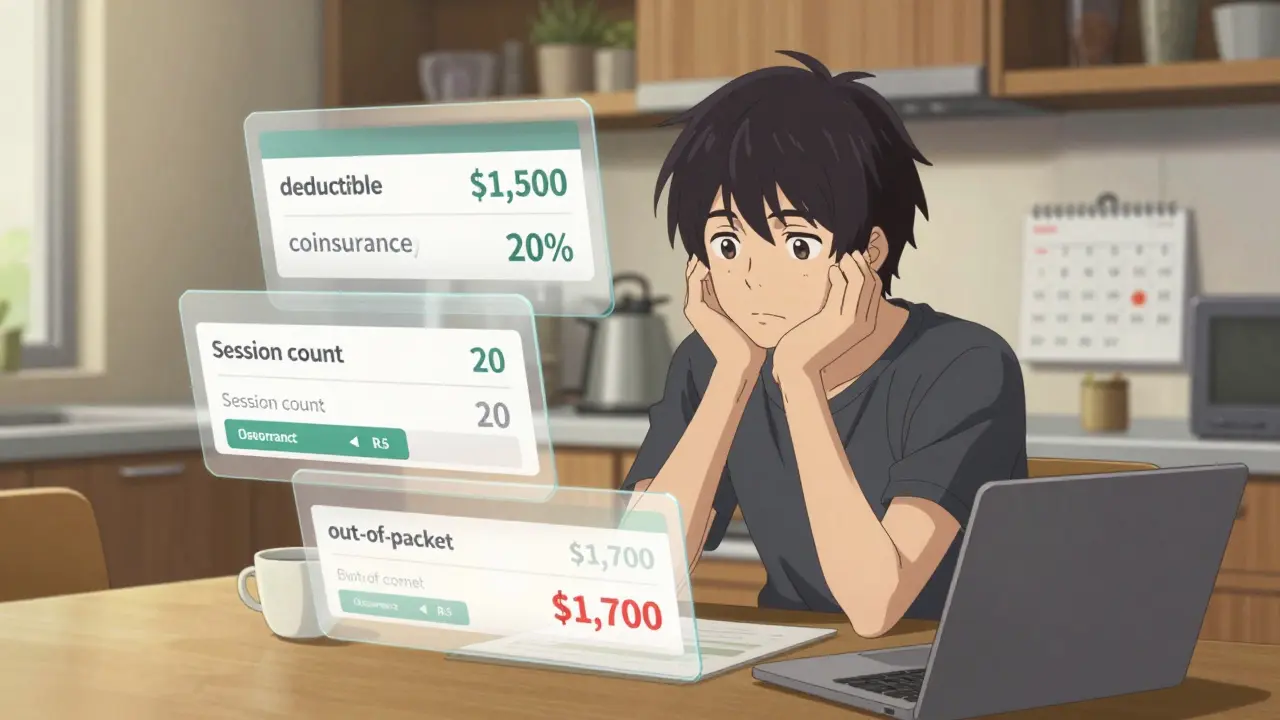Pets: Safe Pet Medications and Buying Tips
Fact: people give human pills to pets more often than they think. That can be dangerous. This page helps you keep your dog, cat, or other pet safe when meds are needed. You’ll find quick advice on dosing, spotting side effects, buying meds online, and when to call a vet.
Start with dosing. Always use weight-based doses. A small dog is not a pocket-sized human. If your vet gives a dose in mg per kg, write it down and double-check the math. Never guess. If a pill looks like one you take, don’t assume it’s safe for your pet.
Watch for side effects. Vomiting, diarrhea, wobbliness, sudden hiding, drooling, or trouble breathing are red flags. Some human drugs—like NSAIDs, certain antidepressants, and acetaminophen—can harm pets fast. If you see worrying signs, call your vet or an emergency clinic right away.
Buying Safety
Buying pet meds online can save money, but be careful. Look for a licensed veterinary pharmacy or a site that asks for a vet prescription. Check for clear contact details, a physical address, and pharmacy verification seals. Avoid sites that offer controlled drugs without a prescription or push huge discounts that sound too good to be true.
Ask your vet before switching brands or using human formulations. The inactive ingredients, tablet size, and release type can change how a drug works in animals. For example, extended-release forms can be dangerous if a smaller dose is safer for your pet. Your vet can recommend safe alternatives and proper dosing.
Everyday Tips
Keep medicines locked away. Pets are curious and will chew bottles or pill packs. Store meds where sunlight and heat won’t degrade them, and keep doses in childproof containers. If a pet eats a full bottle, bring the bottle and packaging to the vet so they know what to treat.
Traveling with meds? Pack originals with labels and a paper or digital copy of your pet’s prescription and medical history. Some border crossings or airlines ask for them. If your pet needs refrigerated meds, use a small cooler with ice packs and check temperature limits.
Preventive care is part of safe medication use. Keep up with vaccines, flea/tick control, and regular checkups. A healthy pet is less likely to need emergency drugs, and vets can catch problems before medications are necessary.
Use the articles on this tag to learn more about buying medicines safely, reading pharmacy reviews, and spotting fake online sellers. If you’re unsure about anything—dosing math, side effects, or where to order—call your vet. When in doubt, professional advice always beats a quick web search.
Recognize counterfeit or poor-quality drugs by unclear labeling, missing batch numbers, or packaging that looks tampered. If a pill looks wrong—color, size, smell—don’t use it. For poison emergencies, have your vet’s emergency line and the ASPCA Animal Poison Control number handy. Many simple cases improve with fast treatment. Small steps—checking labels, storing meds properly, and asking questions—cut risk and keep your pet safer.
Myeloma and Pets: The Benefits of Animal Companionship
In my recent blog post, I explored the incredible benefits of animal companionship for individuals suffering from myeloma. Pets, particularly dogs and cats, provide emotional support, companionship, and even physical health benefits to their owners. Through their unconditional love, pets have the ability to reduce stress and anxiety, which is crucial for myeloma patients as they go through their treatments. Additionally, these furry companions encourage regular exercise and social interaction, further improving the overall well-being of their owners. In conclusion, adopting a pet can greatly enhance the quality of life for those battling myeloma and provide much-needed comfort during challenging times.






